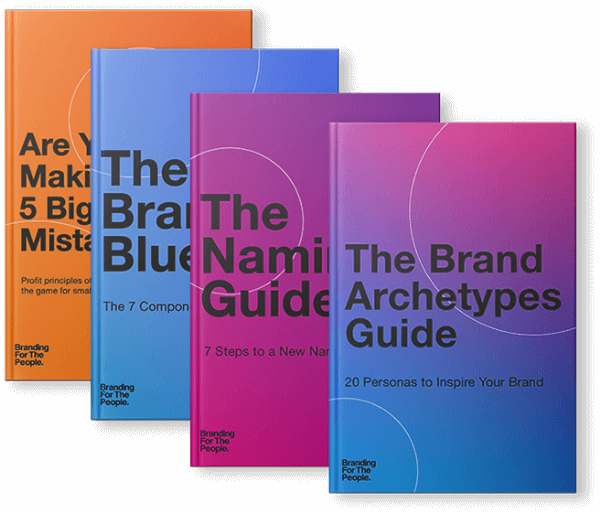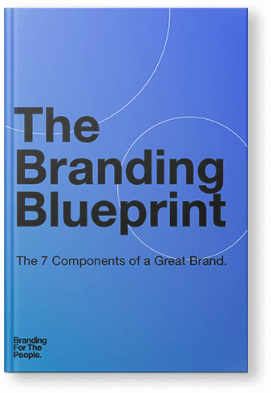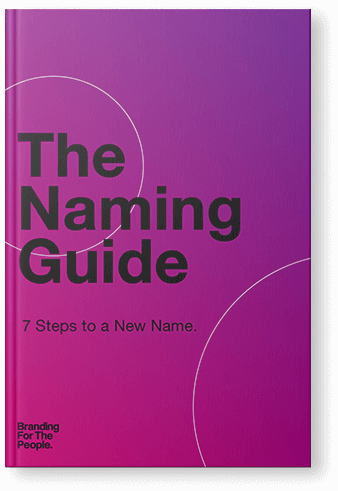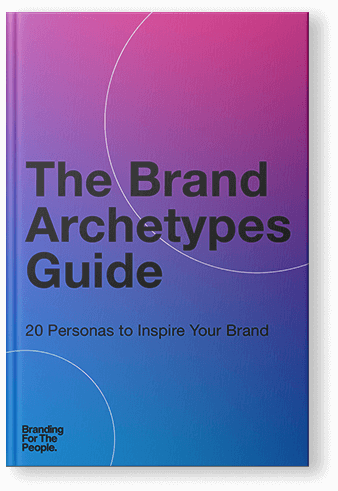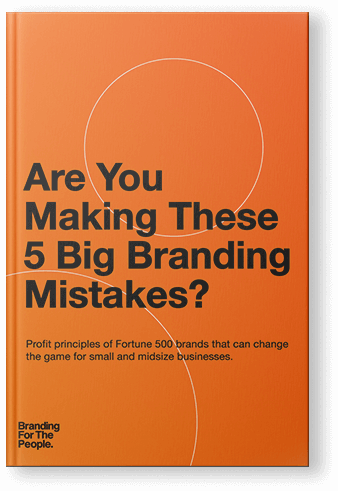The “plagiarism or inspiration” trap
If you’re like most brands, your blog post writing will follow a predictable pattern: launch with an enthusiastic rush of articles, then taper off and languish.
Why? Because coming up with fresh content ideas is hard!
Posting once a week? That’s 52 diamonds you need to dig up—and unless you’re some kind of wunderkind, you’re going to need to pull them out of a whole lot of coal.
And if there’s one thing about blogging, it’s that the schedule never sleeps. Post on Fridays? You’ll quickly come to dread the end of the week—and spend more than a few anxious Thursdays trying to grind things out at the last minute.
There has to be an easier way, right?
But… Doesn’t everybody do it?
You might be tempted to take shortcuts, “borrowing” everything from blog headline to entire paragraphs of text.
And who could blame you? After all, as the famous quote says, “Talent borrows. Genius steals.” Led Zeppelin famously filched everything they could. Mark Zuckerberg supposedly took a great idea and… Well, you probably know all about that one.
And what about Andy Warhol? Can a painting be plagiarism? (Ask Bob Dylan.)
So with the world’s biggest artists and thinkers apparently stealing left, right and center—what’s wrong with a little grabby-grabby yourself?
Well, everything, frankly—at least in our opinion.
But even if you don’t see anything ethically wrong with coming in on the wrong side of the “plagiarism or inspiration” debate, on the internet you’ve got a couple of things working against you.
Google knows all—which means other people will, too
Search engines like Google and Bing really don’t like duplicate content. And they’re quite smart about knowing where and when a piece of content was originally published, and they actively work to bury copycats.
In other words, don’t plagiarize or your search engine rankings will suffer.
And in case even that isn’t enough to dissuade you, think about this: smart marketers are out there constantly checking for people plagiarizing their work. Tools like Copyscape and Grammarly make it as easy as clicking a mouse, so you have to assume that if you’re up to no good, you’re eventually going to get caught. In today’s increasingly litigious society, that could mean big legal hassles.
So what’s an idea-broke brand to do?
A 5-step process for ethically “borrowing” blog post ideas
You don’t have to steal other people’s work, but you can draw inspiration from it. Here’s a process we like to use that will keep you on the right side of the “plagiarism or inspiration” line.
- After you’ve done your blog post research—for example, you’ve chosen a popular keyword, or used a tool like BuzzSumo to find out what gets shared in your industry—take someone else’s headline and reword it. For example, “7 Ways to Find Cheap Stock Photos for Your Blog” could become “Stock Photos: 7 Places to Buy Them for Your Blog For Less.”
- Next, expand or narrow the scope of your post—and make changes to the headline accordingly. “7 Ways” becomes, say, 5 or 9.
- Then write a summary of the post and outline your main points. It’s OK if your inspiration post and your outline share some material. But you should aim for at least 50% new content, so your version doesn’t discuss too many of the same things.
- Let your summary and outline sit for a day or two. You might even consider not looking at the original post again until after you’ve finished yours. This is important, because if you stick to this plan you’ll forget enough about the original that you won’t end up accidentally plagiarizing it.
- Finally, sit down and write your post based on the summary and outline you did. Bingo. “7 Ways to Find Cheap Stock Photos for Your Blog” becomes “Stock Photos: 5 Places to Buy Them For Less”—an ethical, original, SEO-ready blog post.
Takeaway
Dry spells happen, and it can be challenging to come up with new material all the time. But although they say genius steals, in reality, light fingers will only invite trouble. Is it plagiarism or inspiration? With a little extra work, you can write blog posts that feel familiar but are still original.
It makes common sense to hire a branding agency … for branding. And, you can do that in just 2-days with our “Branding Intensive“.



